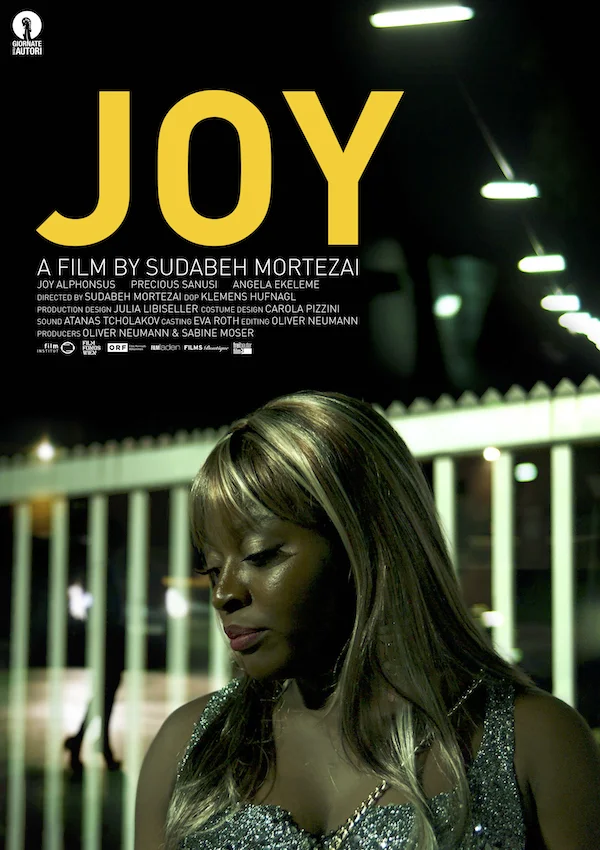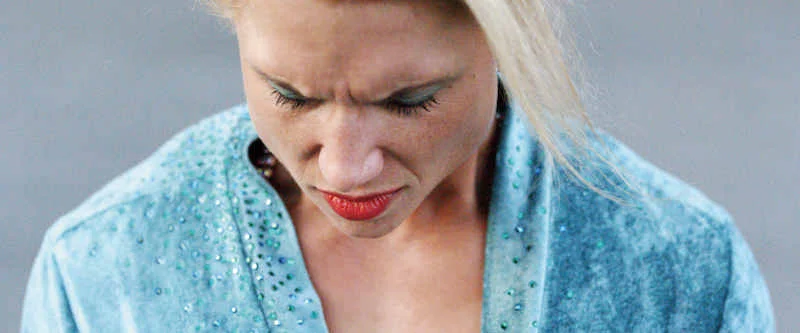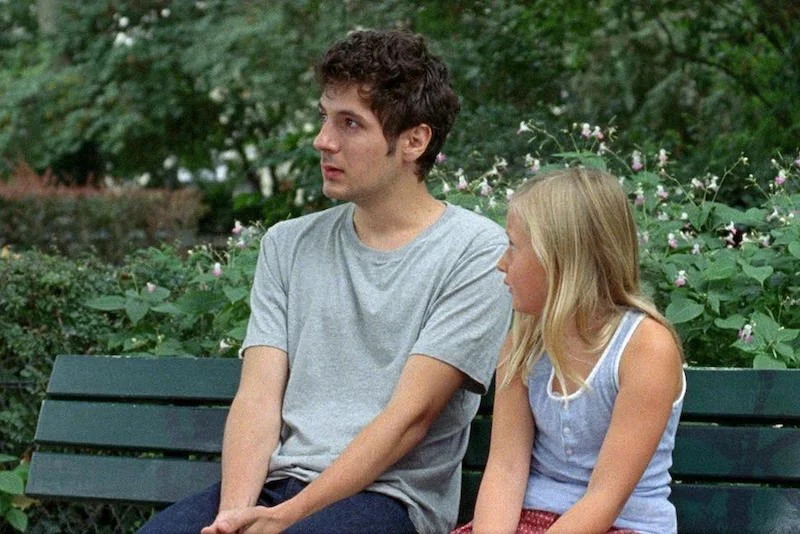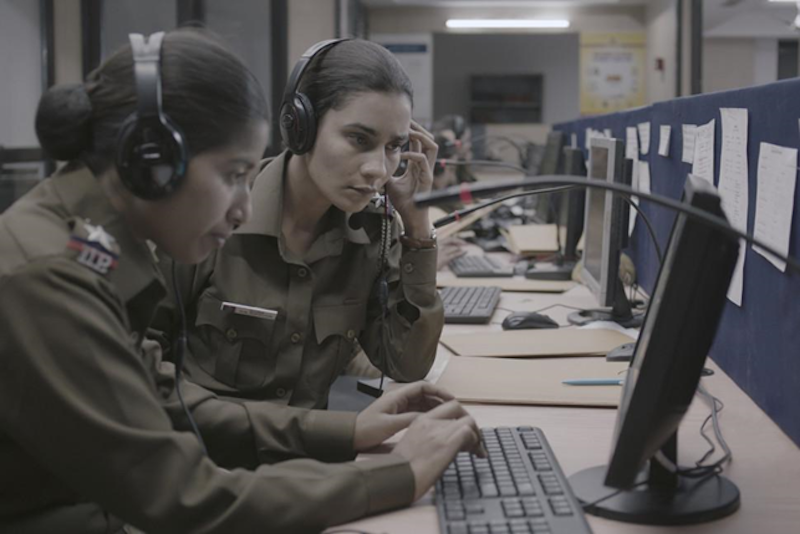So you may have read by now that the Venice Film Festival is being singled out for not having enough women filmmakers in their Competition line-up. One publication even went so far to criticize Italian culture as a whole, and they used two non-Italian reporters to write the story of course -- one the token male journalist. Because a single, lone, able woman journalist would not have been able to do the job?
Ever hear that saying "don't talk bad about my mama?"
Anyway, while everyone is up in arms about yet another slight for womanhood, I say, get over it! I'm a woman, I'm Italian and I feel very well represented in Venice -- thank you very much. In fact, I have never seen so many beautiful women's stories, so much truth for our gender and so much care in telling those stories -- from both men and women filmmakers -- as I see in the various line-ups and sidebars this year at La Biennale del Cinema. But of course, you'd have to look beyond the media-selling headlines, watch deeper and know in your heart that great cinema was never about gender, rather about quality and vision. Just like it ain't about politics, even when the subject is political.
Lastly, as a publicist friend said to me, "[Alberto] Barbera [Venice's artistic director] is not running an NGO, this is a world class festival!" Indeed.
Personally, I know I want to be judged on my merits as a woman, not simply because I have two X chromosomes. And don't even try to say that I'm subscribing to "Italy's culture of toxic masculinity" mentioned in the article above, because one look at my body of work is all your need to realize how wrong that thought is.
Now onto to the business of great cinema, and four of the wondrous women stories which will be told in Venice. My list is far from being complete but these are personal favorites, I've watched them all and love them dearly. Reviews are under embargo until the films' premiere so for more on these titles, keep up with the Diaries in future days.
So many films and so little time...
JOY by Sudabeh Mortezai
The poster for 'Joy'
Wow. Straight out of today's headlines, Iranian/German/Austrian filmmaker Sudabeh Mortezai tells the story of Nigerian women, who are brought from Africa to Europe in an elaborate scheme of prostitution that is the modern equivalent of slavery. Only this time it's other African, ex-slaves, women who are the perpetrators. In her director's statement for 'Joy' Mortezai asks, "what drives a woman who has experienced this kind of abuse to become a perpetrator herself? At what cost does freedom and personal well-being come? What is the role of the families and society in all of this? And is there a way out? Driven by these questions I started to explore this merciless system and the exploration ultimately lead me to Benin City, Nigeria, where the majority of the women comes from."
The film is a must-watch and screens in Venice as part of the Giornate degli Autori program.
PEARL by Elsa Amiel
Julia Föry in Elsa Amiel's 'Pearl'
Another film made by a woman, about an exceptional woman, is 'Pearl' by Elsa Amiel. What does it take to a be a female bodybuilder and where/when does life begin to creep in, with nearly disastrous consequences? Those are the questions asked by Amiel and her answers fall somewhere deeply in the shades of grey of real life. In her first feature, Amiel disclosed that she wanted to explore, "this complex topic of bodybuilding, absolutely paradoxical and very cinematic, made me want to question standards through a female character, Léa Pearl. This modern heroine bases her identity primarily on her body as an object of desire, submission, performance, memory. I wanted to question our connection to gender issues through maternity, beyond the imperatives imposed by society. In this world built upon appearances and resilience, 'Pearl' shows how the struggle of an athlete to achieve excellence is also the struggle of a woman trying to assert her own true self."
Another must-watch at the Giornate degli Autori.
AMANDA by Mikhaël Hers
Vincent Lacoste and Isaure Multrier in Mikhaël Hers' 'Amanda'
'Amanda' is unlike the two previous other titles in that it is directed by a male filmmaker, the renowned Mikhaël Hers of 'Memory Lane' fame. To me, as an audience member, the gender of the person making the film isn't as important as the content and sentiments the movie transmits. I need to leave the cinema hopeful and uplifted, even if the film is a drama. That's why 'Amanda' makes my list even if the protagonists are a little girl and her uncle. I'll gush briefly about Vincent Lacoste, who plays Amanda's doting uncle and say, he remains one of my favorite actors. Actually, his rating went up a bunch with 'Amanda'.
In his director's statement Hers states, "it is the urgency of the present that has compellingly guided me towards the necessity of making this film. I felt the need to capture something extremely fragile, almost electrical, and feverish that is taking hold in these modern times and, in this case, in my city, Paris. Far from wishing to paint the portrait of a cataclysmic France, I wanted to start from this rather dark point of departure to “depressurize the cabin” in some sense... To work from there, not through renunciation and catastrophism, but through human relationships and feelings, the only combination possible for a more liveable world, in my view."
'Amanda' has my vote and it screens in the Orizzonti line-up in Venice.
SONI by Ivan Ayr
Geetika Vidya Ohlyan, seen right, in Ivan Ayr's 'Soni'
'Soni' has a similar background to the above title in that it is also directed by a male filmmaker and screens in Orizzonti. But that's where the similarities end. In his director's statement the Indian-born Ayr wisely points out, "the genesis of 'Soni' lies in a personal desire to share the humanness that I’ve experienced in the women I have crossed paths with in my life. As I began writing my first set of notes for 'Soni', I knew that I neither wanted to glorify nor victimize its female characters. So, weaving a narrative around women in police seemed like a sound way to go about it..." Ayr chose to portray women within the constraints of the police force, "mainly as a reminder that they are still human beings -- intelligent but flawed -- searching for answers themselves as they look for a footing in their professional lives. Further that, like most human beings, they’re not immune to emotional setbacks, especially when their existence is undermined or simply overlooked, setting up perfectly habitable conditions for loneliness and pessimism. That they have, not unlike men, both passion and vulnerability. It’s a counter-narrative to the widespread notion of ‘The Other’."
Do watch 'Soni' in the Orizzonti line-up in Venice. Thank me later.




